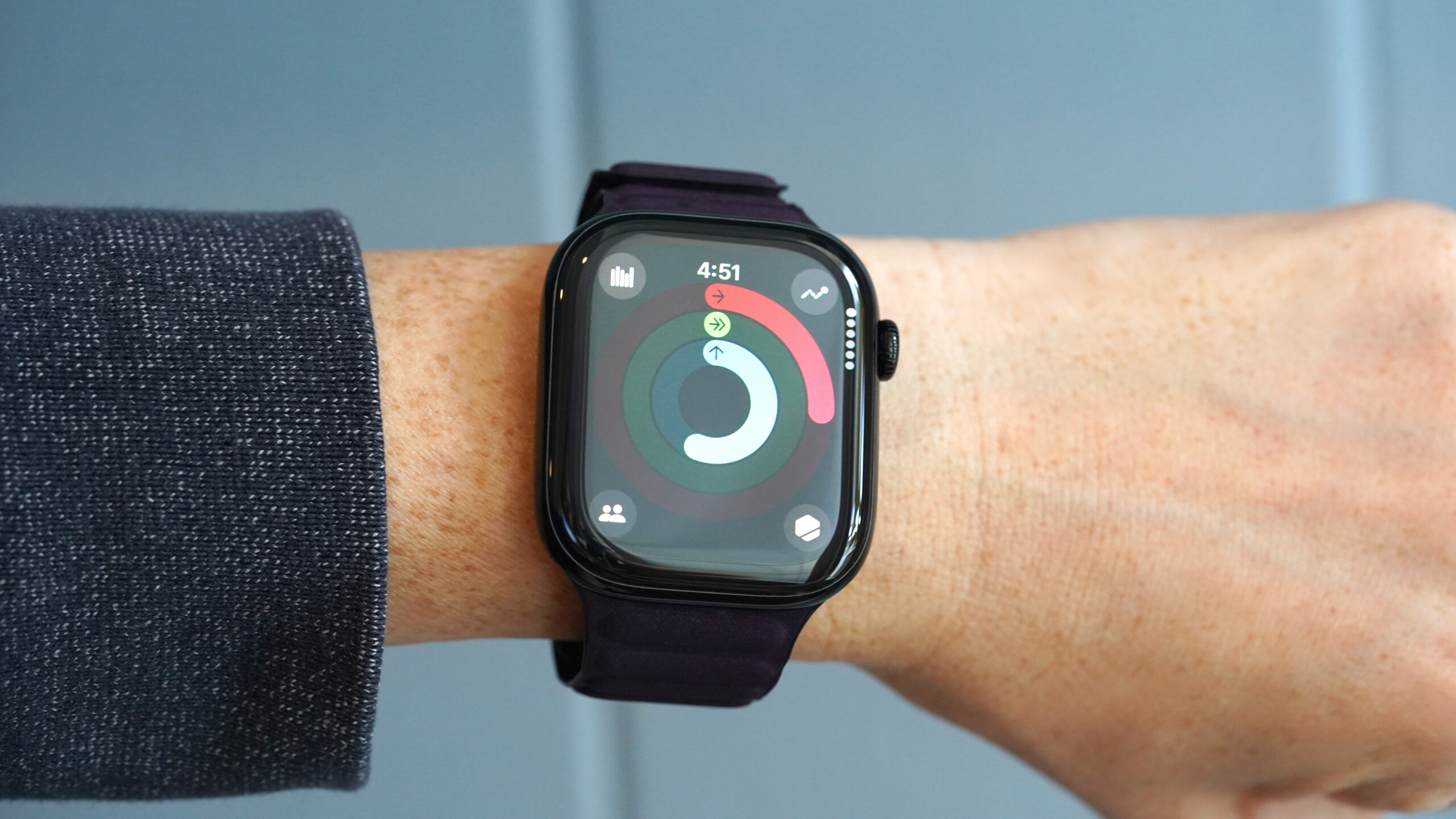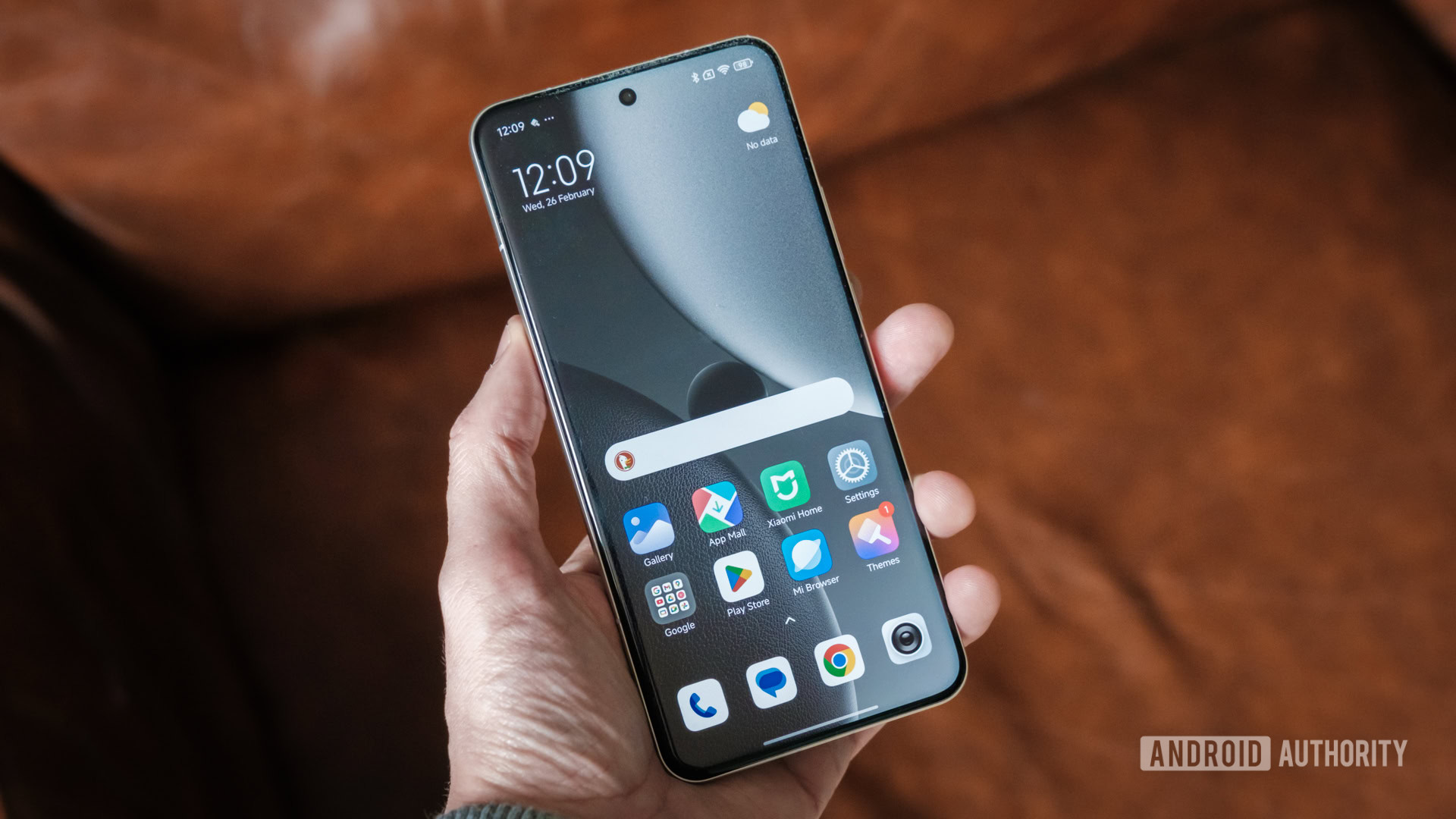A patient undergoing mandibular reconstructive surgery typically faces two separate operations: one to place a custom-fit titanium plate and another month later to remove it.But what if that second surgery was no longer needed? Reducing or eliminating follow-up surgeries through resorbable 3D printed implants is gaining traction, but it is still a niche in the medical field.While some research institutions and biotech companies have begun developing these types of implants, the technology is not yet mainstream.
Traditional titanium implants dominate the market, mainly because surgeons and hospitals rely on well-established methods, and regulatory approvals for resorbable materials take time.This is where OsseoLabs comes in.The Bangkok-based medtech startup is pushing the boundaries of 3D printing, AI-driven automation, and biocompatible materials to create customized implants that improve patient outcomes and cut surgical time.
One of its most promising innovations is magnesium 3D printed implants, which are designed to gradually dissolve in the body after healing is complete.Unlike traditional titanium implants, which often require a second surgery for removal, these resorbable implants eliminate that extra surgery, reducing patient risk, recovery time, and not to mention, healthcare costs.“Surgeons in Thailand started hearing about how their colleagues in the U.S.
and Europe were adopting 3D printing to treat complex cases,” said Patcharapit “Joe” Promoppatum, co-founder of OsseoLabs and a mechanical engineering expert from Carnegie Mellon.“That’s when they approached me to research jaw surgeries for cancer patients.We realized this technology could help people far beyond a research project.” Founded in 2022, OsseoLabs is rapidly expanding its portfolio of personalized implants, pushing the boundaries of material science and additive manufacturing.
But unlike most companies in the space, OsseoLabs isn’t just focused on titanium-based implants—it’s also pioneering magnesium 3D printing.This breakthrough could eliminate the need for second surgeries.Patcharapit Promoppatum, Co-founder of OsseoLabs.
Image courtesy of OsseoLabs.Beyond Titanium: The Magnesium Breakthrough Traditional titanium implants require a second surgery for removal once the bone heals, which adds cost, risk, and recovery time.OsseoLabs’ magnesium implants, however, are designed to gradually dissolve in the body once healing is complete, eliminating the need for follow-up surgery.
“We are developing magnesium-based implants for bone grafting and fracture repairs,” explained Promoppatum.“For example, when older patients need dental implants, they often require bone grafting using a titanium mesh—which means one surgery to insert it and another to take it out.With magnesium, you only need one surgery.
The mesh simply dissolves as the bone regenerates.” Another potential application is in bone fracture screws.“Imagine breaking a bone and needing screws to hold it in place.Right now, you would need another surgery to remove them later.
With our magnesium screws, the bone heals, and the screws are simply absorbed.” The company has already partnered with North Carolina State University and its Center for Additive Manufacturing and Logistics (CAMAL) to refine the 3D printing of magnesium implants.If successful, OsseoLabs could be the first in the world to get magnesium 3D printed implants into patients.Femur implant.
Image courtesy of OsseoLabs.Why Thailand is a Unique Testing Ground for 3D Printed Medical Devices One of OsseoLabs’ biggest advantages is that Thailand’s regulatory process for medical devices is more flexible than in the U.S.or Europe, allowing them to test and iterate faster.
“In the U.S.and Europe, companies must go through extensive FDA [U.S.Food and Drug Administration] or CE [Conformité Européenne] certification before a product ever reaches a patient,” said co-founder Vikram Ahuja, a business economist and entrepreneur.
“But in Thailand, we can conduct clinical research under the Internal Review Board (IRB) system, working directly with medical schools and their approval committees.” In Western markets, new medical devices typically undergo years of preclinical and clinical trials before being used in actual patients.Regulatory agencies like the FDA require extensive testing, documentation, and approvals before any device reaches the operating room.Meanwhile, Thailand’s IRB system offers an alternative pathway.
Instead of waiting for national-level regulatory approval before testing a device in humans, companies can work directly with hospitals and medical schools.These institutions have review boards that can approve devices for use in specific, controlled clinical cases—particularly when a new technology could offer life-saving benefits.Because of this, OsseoLabs has already completed 170 pilot cases in Thailand, far ahead of most Western medical device startups at this stage.
This regulatory speed also extends to a new government-backed initiative called the Medical Device Sandbox, which allows faster patient trials without traditional regulatory roadblocks.Vikram Ahuja, Co-founder of OsseoLabs.Image courtesy of OsseoLabs.
“This sandbox is unlike anything I’ve seen—not in the U.S., not in Europe, not anywhere,” Ahuja explained.“It allows us to manufacture, test, and use medical devices on Thai patients with top-tier surgeons supervising the process.It’s a game-changer, especially for collaborating with U.S.
researchers looking to speed up development.” In most countries, startups need regulatory approval before selling medical devices, but the Medical Device Sandbox lets companies develop, test, and refine implants in real-world clinical settings under expert supervision, skip traditional multi-year approval processes before first-in-human trials, and gather real patient data to support future FDA and CE certification efforts.This means OsseoLabs doesn’t just have a head start in Thailand; they can also use this data to fast-track approvals in the U.S.and Europe.
The Role of AI in Scaling Personalized 3D Printed Implants Personalized 3D printed implants are often time-consuming to design, with engineers needing to manually model each case.OsseoLabs is changing that with AI-driven automation that cuts design time by over 50% and could eventually reduce it by 90%.“If an engineer needs hours to design a single case, we can’t scale.
That’s why we have invested heavily in AI,” Promoppatum explained.“We now use AI to generate cutting guides, surgical plans, and implant models in seconds.” But AI isn’t replacing surgeons.Instead, it’s working with them.
“In the past, if a surgeon wanted to tell us where to cut the bone, they would have to manually draw a line, and we would start from scratch,” said Ahuja.“Now, with just two lines, AI can instantly generate the first draft of the design.Surgeons still review and approve everything, but the process is much faster.” Despite their success, OsseoLabs faces unique challenges in Thailand’s 3D printing ecosystem.
Unlike in the U.S., where brands like EOS, Nikon SLM Solutions, and 3D Systems are established household names in medical implant production, Thailand doesn’t have direct sales access to these leading manufacturers.“In Thailand, companies like EOS and others don’t sell directly.That means we had to source our own 3D printers, so we decided to work with German manufacturer TRUMPF, known for its industrial-grade laser powder bed fusion systems,” said Promoppatum.
Patcharapit Promoppatum presenting at FinnoEfra event.Image courtesy of OsseoLabs.Without an extensive local 3D printing supply chain, OsseoLabs had no choice but to handle the entire process in-house—from design to production.
“Even if we wanted to outsource printing, no one in Thailand can do it at our level.So we had to build everything ourselves.” Today, they operate four 3D printers, two for production and two for research, constantly improving their implants.Expanding to the U.S.
and Beyond Having dominated the Thai market, OsseoLabs is now setting its sights on global expansion.More than 30 hospitals and 50 surgeons in Thailand already use their implants, and the company is working to bring its technology to new markets.Eighteen of its products are currently undergoing CE certification for approval in Europe, while another batch of 18 devices is being prepared for FDA approval.
OsseoLabs doesn’t just want to sell products—they want to build research partnerships in the U.S., just like they did in Thailand.“In Thailand, we built trust with surgeons first.That’s the same model we want in the U.S.,” Ahuja explained.
“Right now, we have zero cases in the U.S., but with FDA approval soon, we’re ready to collaborate.” With AI-driven 3D printing, magnesium implants, and a unique regulatory pathway, OsseoLabs proves Southeast Asia can be a leader in personalized medicine.“We don’t just want to be the top 3D-printed implant company in Thailand—we want to lead Southeast Asia, then expand globally,” Promoppatum concluded.Subscribe to Our Email Newsletter Stay up-to-date on all the latest news from the 3D printing industry and receive information and offers from third party vendors.
Print Services
Upload your 3D Models and get them printed quickly and efficiently.Powered by FacFox
Powered by 3D Systems
Powered by Craftcloud
Powered by Endeavor 3D
3DPrinting Business Directory
3DPrinting Business Directory







